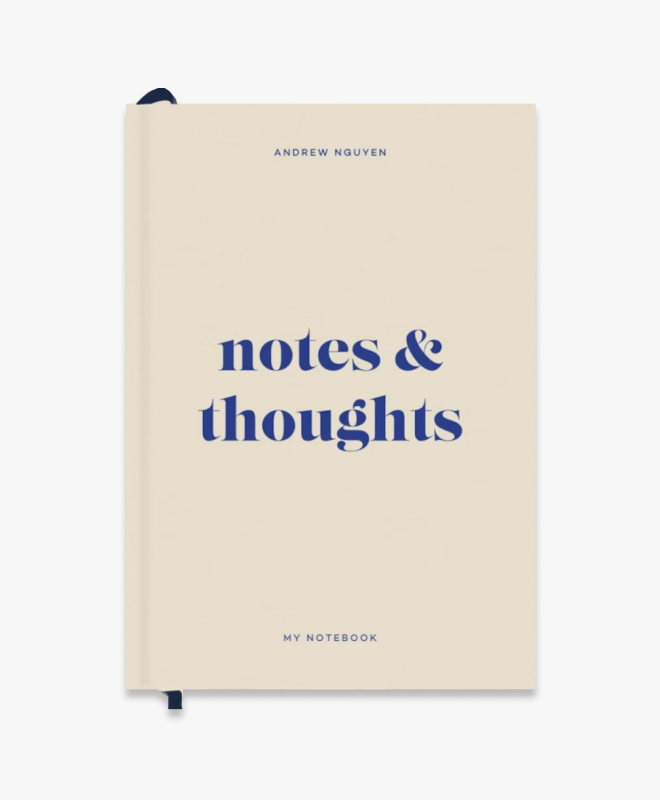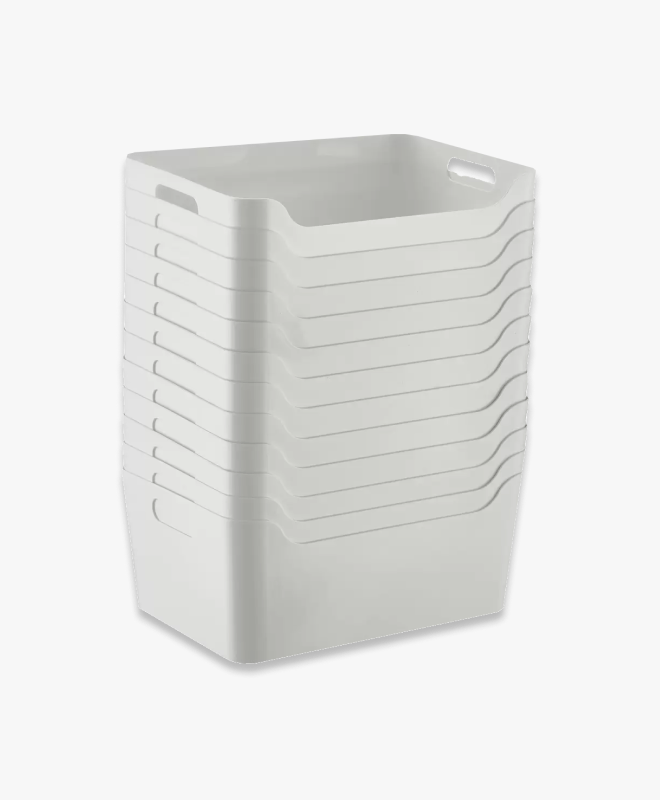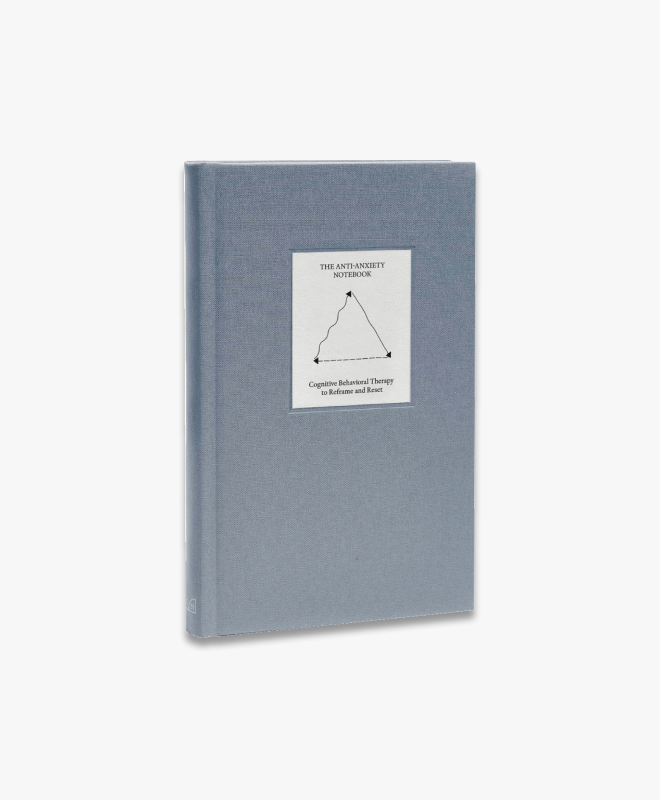“My anxiety usually manifests in biting my nails or scrolling Instagram mindlessly until I feel even worse than I did to begin with. I’m trying really really hard to develop a healthier habit to replace those with and the only one I’ve had some success with is drawing in a coloring book. I love Out of Your Mind: A Journal and Coloring Book to Distract Your Anxious Mind because it combines uplifting messages with really easy-to-fill-in graphics.” —Emily B., 27
12 Things People Bought for Anxiety Relief That Actually Worked
A calmer mind, right this way.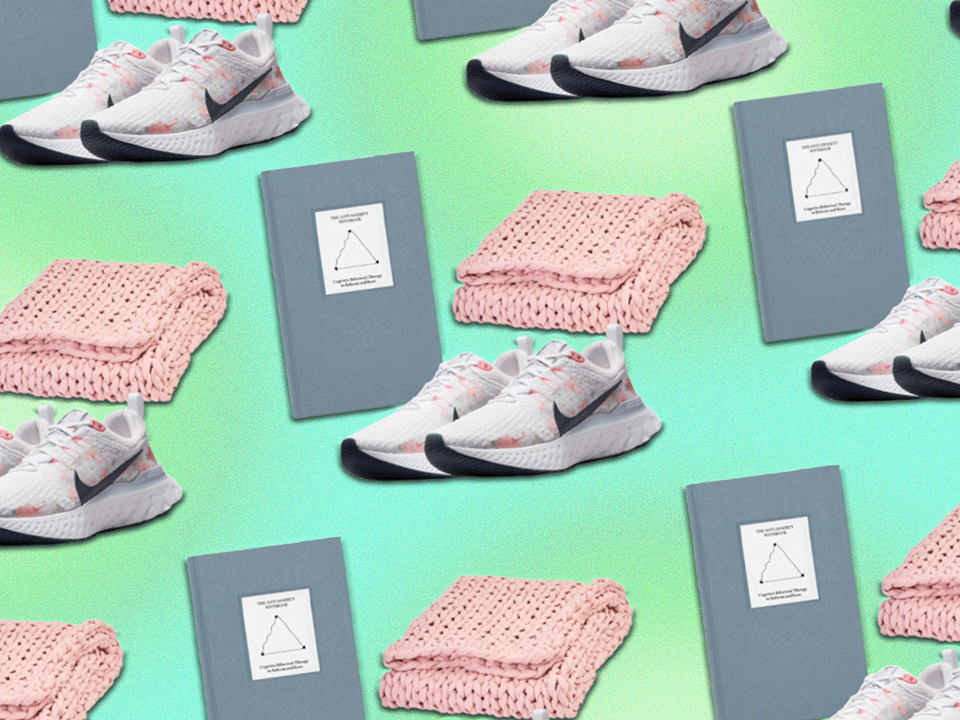
When it comes to managing anxiety, there’s no magic bullet that works for everyone. While we all experience anxiety in some capacity, that experience can look very different—from having occasional anxious thoughts to a more persistent and challenging anxiety disorder. Because the experience is so personal, every person’s anxiety relief toolkit looks a little different too.
For people diagnosed with an anxiety disorder, evidence-based treatments like therapy and medication are a great option. But sometimes managing anxiety on a day-to-day basis requires a little something extra, whether it’s a helpful new habit like meditation or a healthy distraction from your thoughts (read: not on your phone). And while retail therapy is rarely the answer, we also realize that there are certain products that can help people with anxiety cope and put some of these behaviors into practice. So, we asked people living with anxiety to share the products that have actually given them some sweet anxiety relief over the years.
Remember: None of these products are meant to treat an anxiety disorder. If you’re looking to do that, checking in with a licensed mental health professional or your primary health care provider is key.
-
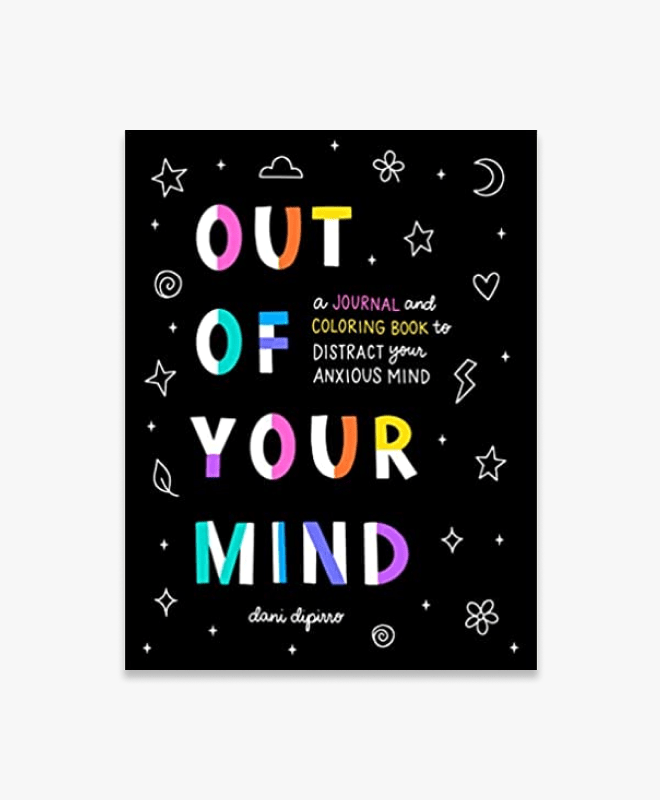
-
“The single most helpful tool I’ve found for my anxiety is journaling through it—writing out all the thoughts I’m having so that I can get clear on what’s making me anxious in the first place. There’s something really therapeutic about putting it out on the page instead of keeping it inside where it tends to confuse and overwhelm me. I always feel so much better once I do it.” —Perry S., 29
-
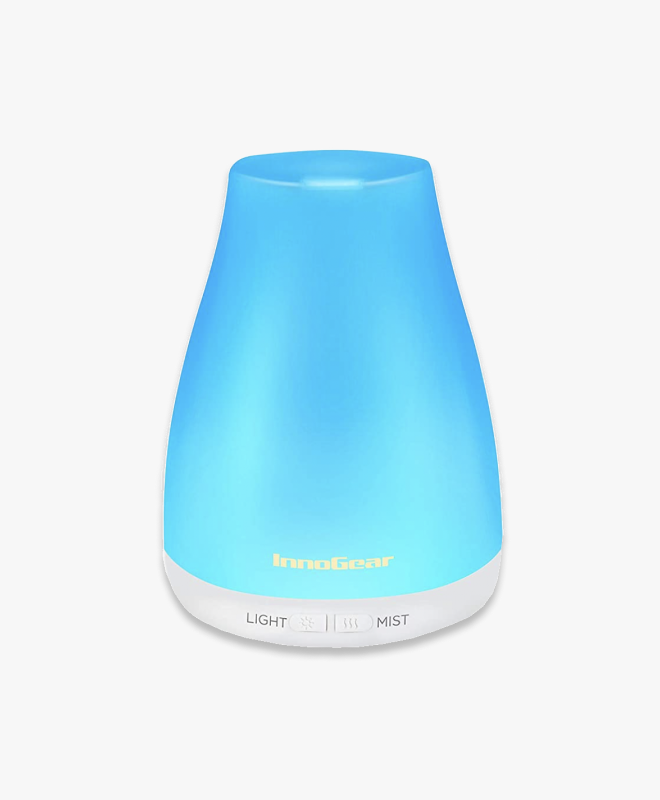 3.Amazon
3.Amazon“When I’m feeling anxious it’s really helpful for me to focus on my senses, and one of my favorite ways to do that is with scent. I recently graduated from scented hand lotions and candles and got an essential oil diffuser that I absolutely love. I put some peppermint oil in it and just focus on the way it feels inside my nose as I inhale.” —Paige A., 23
-
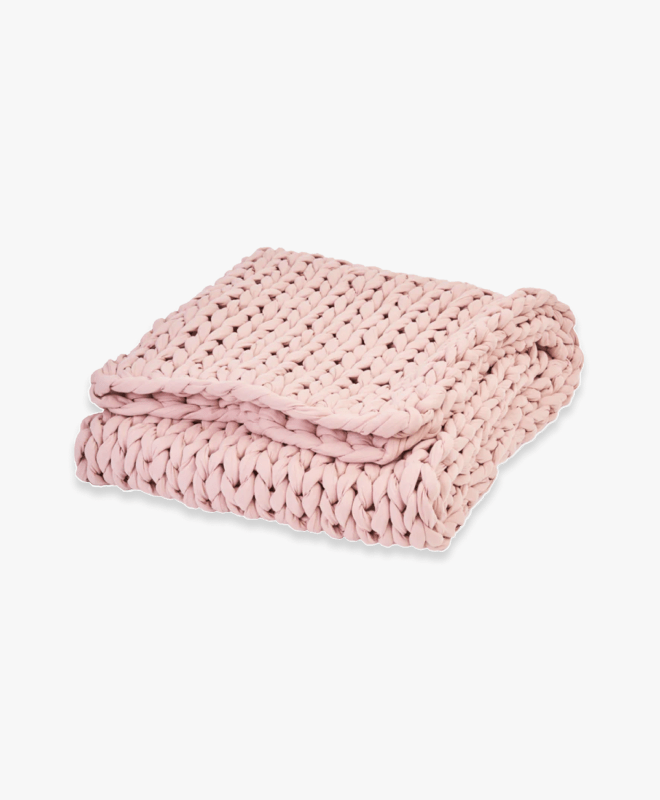 4.Bearaby
4.Bearaby“My anxiety is at its worst at night, with my thoughts spinning out into a very scary place that I often feel I have no control over. However, one thing I have found truly helpful is a weighted blanket—something about the heaviness seems to slow my jittery heart, body, and mind and get me into a calmer state. I’ve tried a few now and I have to say, the Bearaby one is really where it’s at.” —Claire L., 31
-
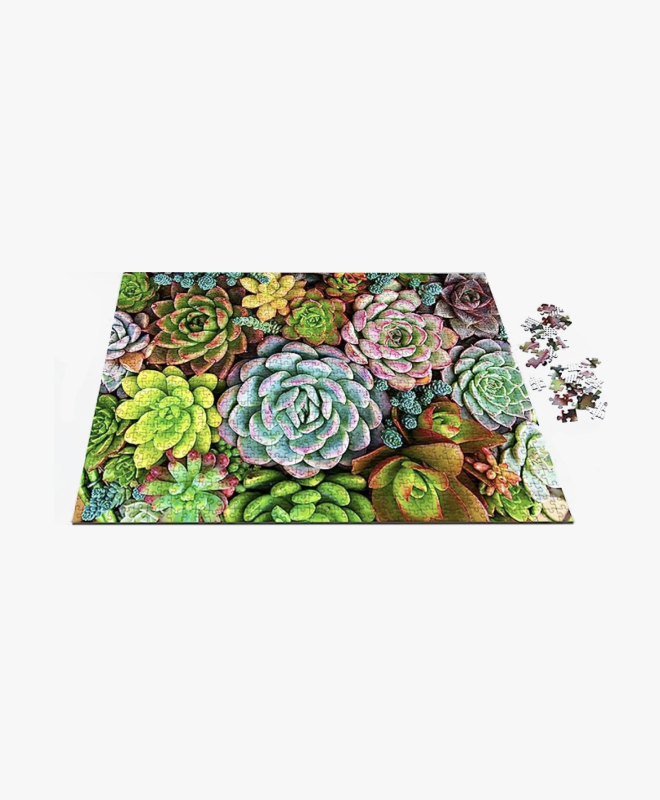 5.Amazon
5.Amazon“I got the puzzle bug at the start of the pandemic like many others and was surprised to find that working on a puzzle didn’t just kill time but actually calmed my racing mind. Now I pull one out whenever I feel my heart and thoughts starting to race, and after about 10-15 minutes I feel so much calmer. I particularly love this succulent one.” —Mel R., 25
-
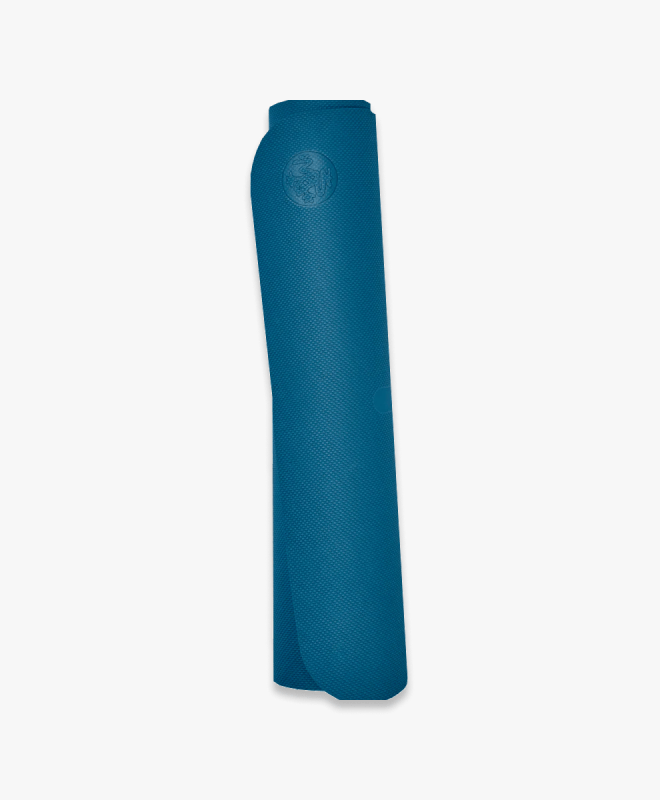 6.Manduka
6.Manduka“The best tool I’ve found for my anxiety is doing yoga, whether it’s slow restorative yoga at the end of a frantic day or a challenging vinyasa in the morning to clear my head before work. It helps me tune into my body and how I’m physically feeling which is so helpful as a person who spends a lot of unproductive time inside their mind. My go-to mat is a cheery turquoise one from Manduka.” —Kelly S., 30
-
“When I start to feel really restless thinking about the future or all of the things I need to get done (and how/if I’ll get them done) it’s important for me to focus my mind on something else, and that usually means cleaning or organizing a part of my home. It gives me a sense of control over my life and I find it so soothing. I literally have extra plastic bins lying around for when my anxiety strikes!” —Portia R., 41
-
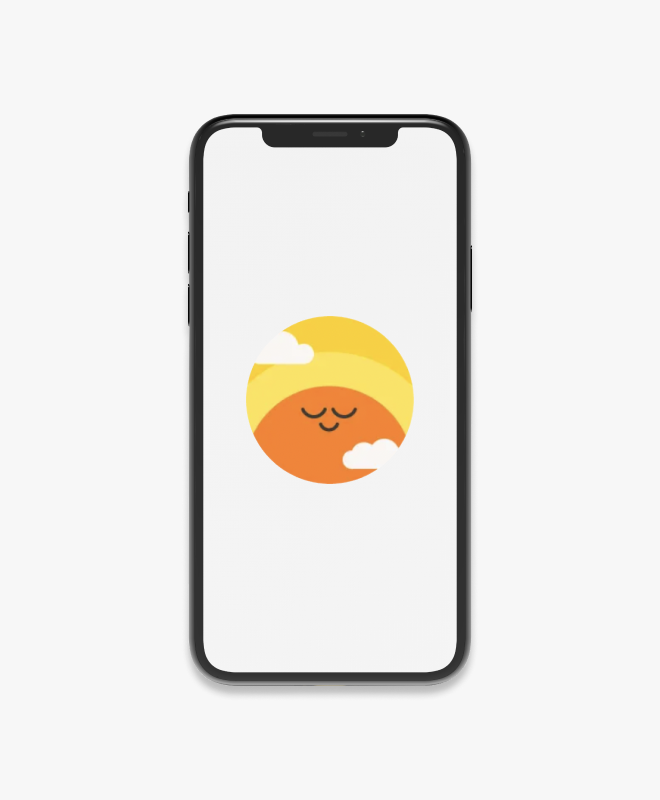 8.Headspace
8.Headspace“I started using Headspace last year after a death in the family increased my anxiety about death to the point where I was convinced everyone around me was going to die sooner than expected. It was a rough few months but the app was a godsend and now I’m a total meditation convert. It doesn’t just help in extreme situations like I was in before but with day-to-day issues like work anxiety or anxiety at night. I particularly like their anxiety-themed courses.” —Ben W., 30
-
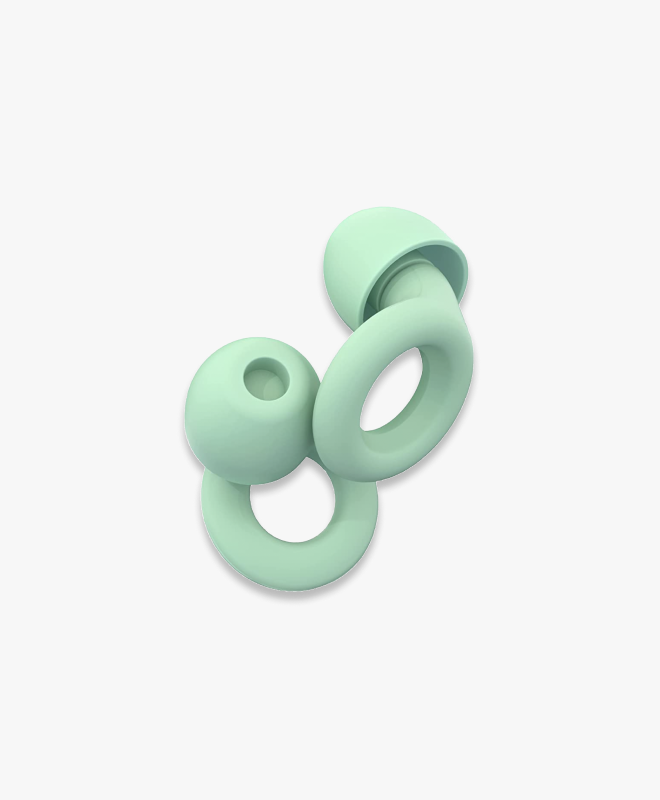 9.Amazon
9.AmazonLoop Quiet Earplugs
$24.95“One of the least fun parts of my anxiety is an increased sensitivity to noise. When I’m feeling anxious, even background noise that most people don’t think twice about (like air conditioners or the refrigerator hum) heightens my anxiety and has even led to panic attacks. At night, I use Loop earplugs (the only earplugs that really do their job IMO).” —Bethany M., 37
-
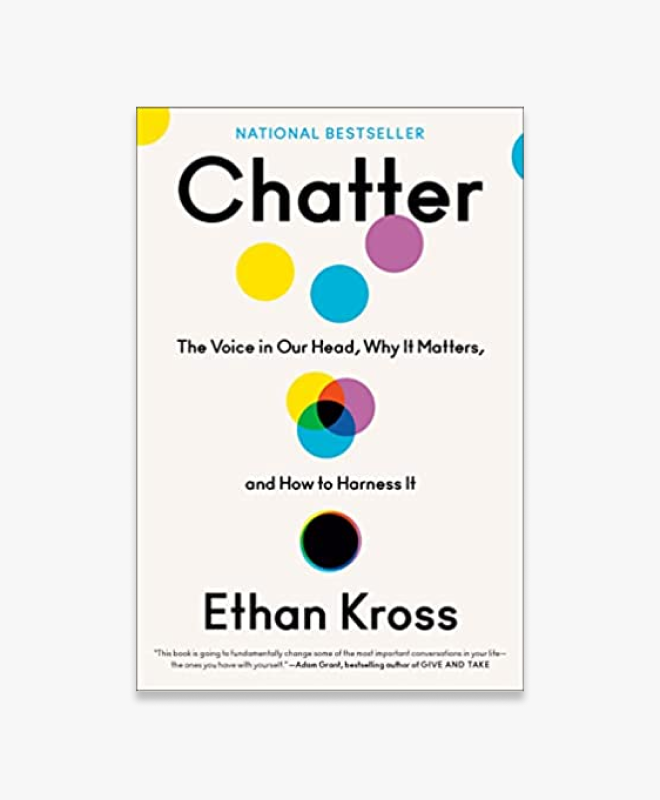
“I have a very loud and talkative inner critic, which is the source of most of my anxiety. Reading Chatter: The Voice in Our Head, Why It Matters, and How to Harness It by psychologist Ethan Kross helped me identify just how negative the voice in my head can be and how to shift my internal dialogue to be more productive and empowering. I return to the tools in this book whenever an anxious spiral strikes.” —Sam F., 29
-
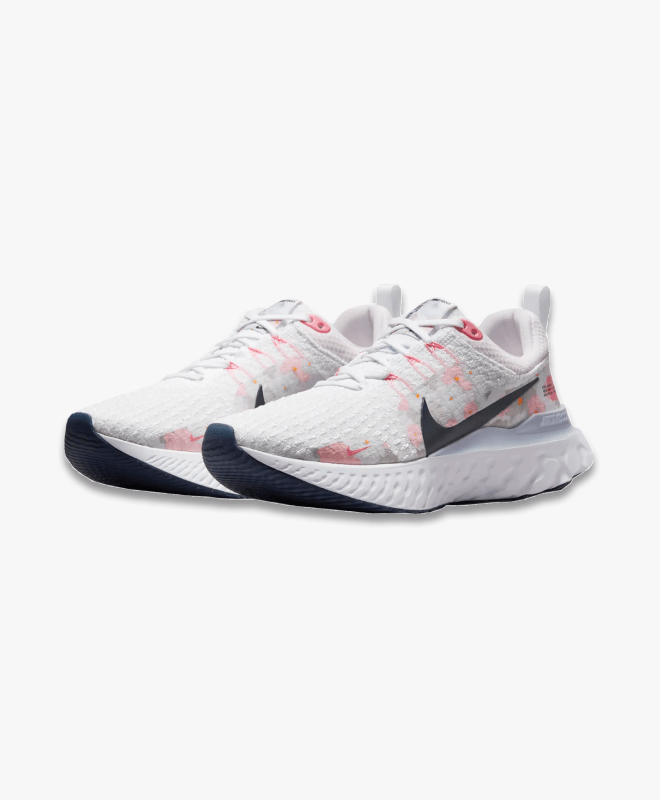 11.Nike
11.Nike“Running is a form of therapy for me and it’s especially great for when I’m feeling anxious in a can’t-sit-still-or-stop-thinking-in-circles type of way. Getting outside and feeling the intense and exhilarating sensations of my body moving quickly helps to immediately shift my focus. I start thinking about pace, mileage, and what’s right in front of me instead of whatever was making me anxious before.” —Jessica R., 33
-
“The Anti-Anxiety Notebook from Therapy Notebooks has been the best purchase I’ve ever made for my mental health, outside of my meds. I have severe anxiety that can be really debilitating and make it hard for me to do my job or follow through with plans and the prompts in this workbook (based on cognitive behavioral therapy) have helped me identify and work through my most harmful thought patterns.” —Ayesha O., 35
Wondermind does not provide medical advice, diagnosis, or treatment. Any information published on this website or by this brand is not intended as a replacement for medical advice. Always consult a qualified health or mental health professional with any questions or concerns about your mental health.
